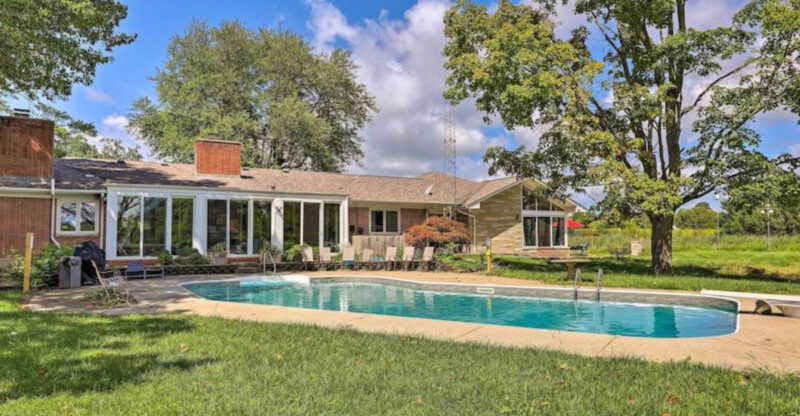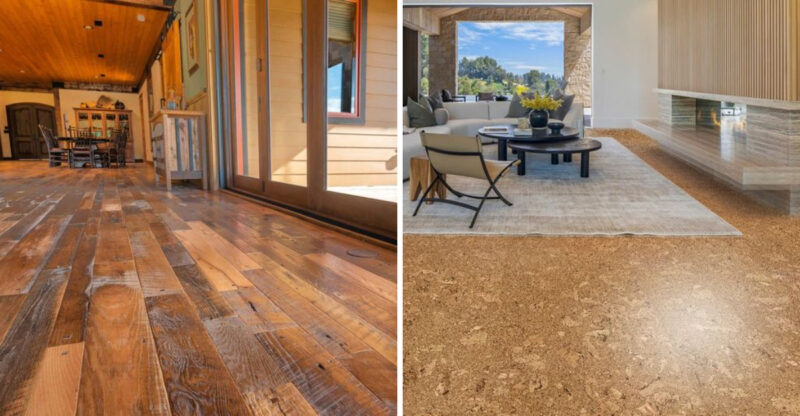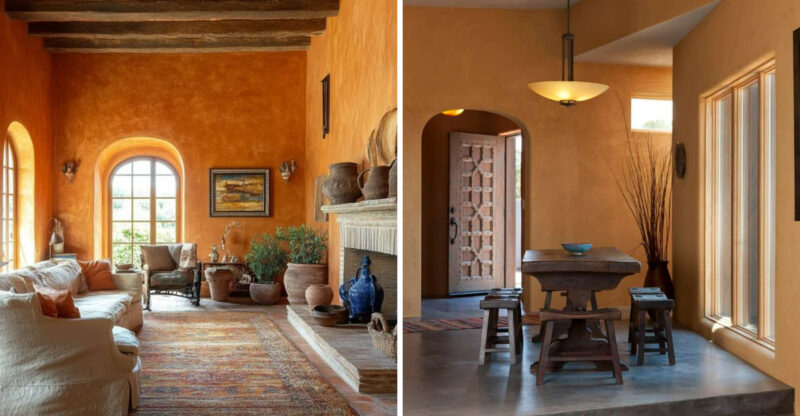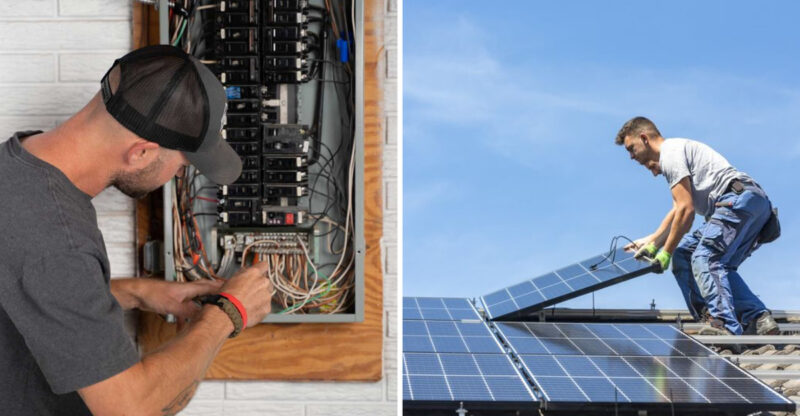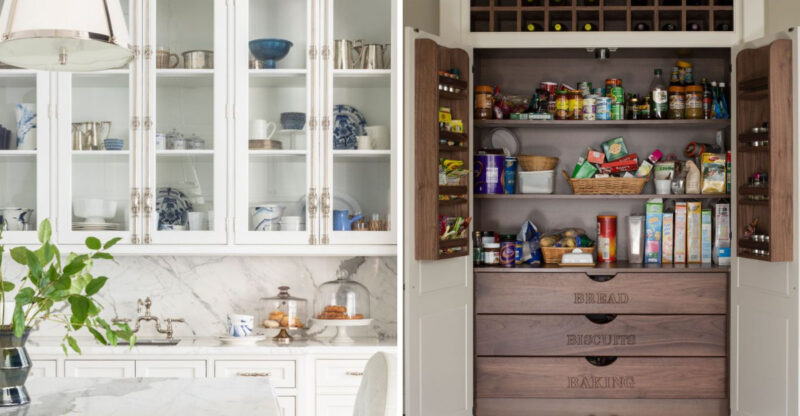Georgia Houses That May Lose Popularity By 2030
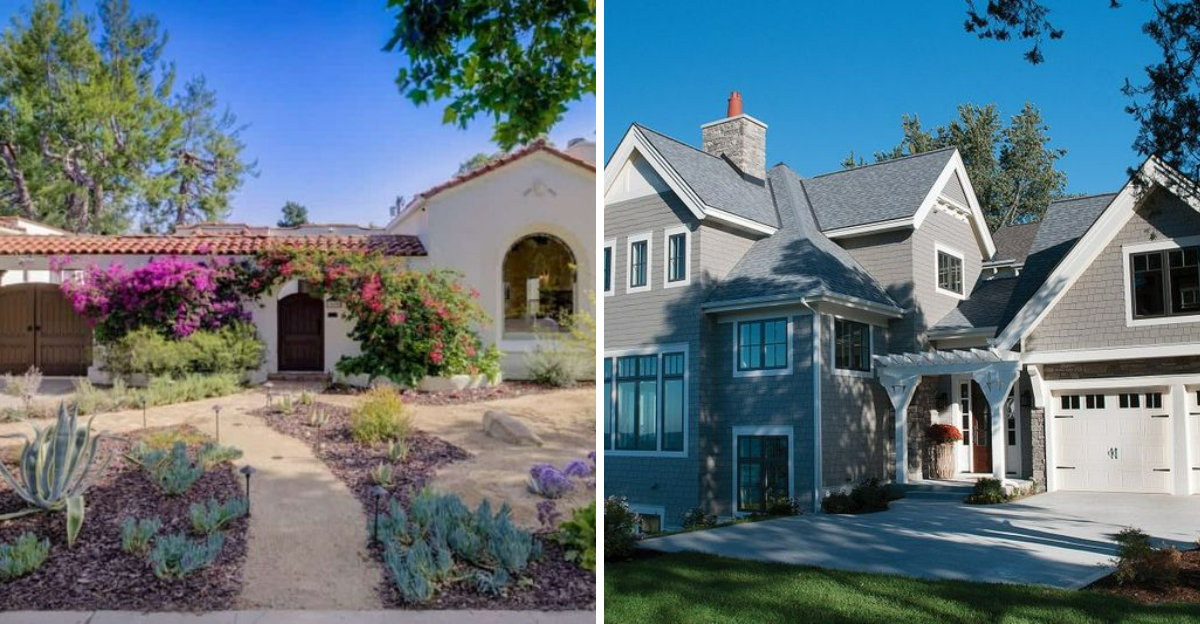
The housing market in Georgia is changing faster than ever before. What homebuyers love today might not appeal to the next generation of buyers looking for modern features and sustainable living.
I want to share with you ten home styles that could struggle to attract buyers by the end of this decade.
1. McMansions with Excessive Square Footage
Oversized homes built in the 1990s and early 2000s are starting to feel like dinosaurs. Younger buyers prefer smaller, more manageable spaces that cost less to heat and cool.
Maintenance expenses on these giants can drain your wallet quickly. Energy bills alone make many families think twice before purchasing.
The trend is shifting toward efficient living rather than showing off square footage.
2. Cookie-Cutter Subdivisions with No Character
Walking through neighborhoods where every house looks identical feels uninspiring to modern buyers. Families want homes that reflect their personality and stand out from the crowd.
Builders are now focusing on custom touches and unique designs. Mass-produced developments lack the charm that attracts today’s homeowners.
Individuality matters more than ever in real estate decisions.
3. Homes with Formal Dining Rooms
Remember when families dressed up for Sunday dinner in a separate room? Those days are fading fast as open-concept living takes over.
Most people eat at kitchen islands or casual spaces now. A formal dining room just becomes a dust-collecting zone or awkward office.
Flexibility in floor plans wins over rigid, single-purpose rooms every time.
4. Houses with Carpeted Bathrooms
Carpet in bathrooms seems like a hygiene nightmare to anyone house hunting today. Moisture and fabric create the perfect breeding ground for mold and bacteria.
This trend from the 1970s and 80s confuses modern buyers who value cleanliness. Tile, vinyl, and waterproof flooring are the only acceptable options now.
Expect this feature to repel serious offers instantly.
5. Properties with High-Maintenance Landscaping
Elaborate gardens and sprawling lawns might look beautiful, but they demand constant attention and money. Busy professionals and young families simply don’t have time for weekend-long yard work.
Water conservation is becoming a priority across Georgia too. Native plants and low-maintenance designs appeal to environmentally conscious buyers.
Simplicity beats complexity in outdoor spaces now.
6. Outdated Split-Level Floor Plans
Split-level homes create awkward transitions between rooms that frustrate modern living. Climbing short sets of stairs constantly gets old fast, especially for families with young children or elderly relatives.
Accessibility concerns make these layouts less desirable each year. Open flow and single-level living are what buyers seek.
These homes feel choppy rather than cohesive.
7. Homes Far from Urban Centers and Amenities
Remote properties once offered peaceful escapes, but long commutes are losing their appeal. Gas prices and time spent driving make proximity to work and activities more valuable.
Walkability scores influence buying decisions significantly now. Access to restaurants, parks, and entertainment matters more than extra land.
Convenience trumps seclusion for most buyers today.
8. Single-Family Homes Without Smart Technology
Technology has become a must-have feature rather than a luxury add-on. Homes without smart thermostats, security systems, or energy monitoring tools feel outdated to younger buyers who grew up with smartphones. Georgia’s tech-savvy population, especially around Atlanta, expects their houses to connect seamlessly with their digital lives.
Without these features, homes require more effort to manage daily tasks like adjusting temperature or checking who’s at the door. Energy bills run higher too since older systems can’t optimize usage automatically. Buyers in 2030 will likely skip over properties that need expensive retrofitting.
Sellers might struggle to compete against newer builds that come tech-ready from day one.
9. Homes with All-Electric HVAC Systems
Georgia summers get brutal, and cooling costs can drain your wallet fast. All-electric heating and cooling systems are becoming less attractive as utility rates climb and environmental concerns grow. Families want options that save money while keeping everyone comfortable year-round.
Hybrid systems or heat pumps offer better efficiency and lower monthly bills, making purely electric setups seem wasteful by comparison. Buyers researching energy costs before purchasing will notice the difference immediately. Climate change is also pushing people toward greener choices that reduce their carbon footprint.
By 2030, homes stuck with old all-electric systems may sit on the market longer than owners expect.
10. Houses with Tiny or No Home Office Space
Remote work isn’t going anywhere, and Georgia residents need proper spaces to do their jobs from home. Houses built before the work-from-home revolution often lack dedicated office areas, forcing people to squeeze desks into bedrooms or corners. This setup gets frustrating quickly when video calls and concentration matter.
Families with two working parents face even bigger challenges when everyone needs quiet space simultaneously. Kids doing online schoolwork add another layer of competition for usable rooms. Buyers now tour homes specifically looking for that extra bedroom or bonus room to convert.
Properties without flexible floor plans will lose appeal as flexible work arrangements become permanent nationwide.

